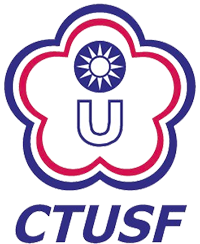Latest Articles
Author:Shih-Chieh Lo
Period/Date/Page:No. 172 (2025/06) Pp. 9-23
DOI:10.6162/SRR.202506_(172).0002
Causes and Coping Strategies for Sexual Violence in Sports
Abstract:Sporting environments, vital for fostering fair competition and healthy development, are significantly impacted by sexual violence. This includes sexual harassment, assault, exploitation, and bullying, often arising from power imbalances, gender stereotypes, and cultural factors. The power dynamics between coaches and athletes, especially in youth sports, heighten vulnerability. Female athletes frequently become primary victims due to their marginalized status, while male athletes often face hidden victimization driven by societal expectations. Additionally, cultural diversity intensifies these challenges, as norms in regions with a culture of silence, emphasizing family honor and collective interests, can suppress reporting and awareness of such issues. The purpose of this article is to examine the forms, causes, and consequences of sexual violence in sports and to propose culturally sensitive and gender-specific interventions. Effective prevention requires aligned efforts in education and policy. Educational programs should be tailored for diverse groups, equipping participants with the knowledge to recognize and cope with sexual violence. At the policy level, implementing transparent reporting mechanisms and robust support systems is essential for ensuring victims' privacy and safety. Moreover, cross-cultural, multi-level interventions and data evaluation frameworks are pivotal for refining policies and enhancing practices. Tackling sexual violence is an urgent necessity. Integrating policy support, targeted education, and cultural sensitivity can significantly reduce occurrences and better protect victims. A fair and safe sporting environment relies on collective societal efforts, offering a framework to address the global challenge of sexual violence effectively. (Full text)
Keyword:



